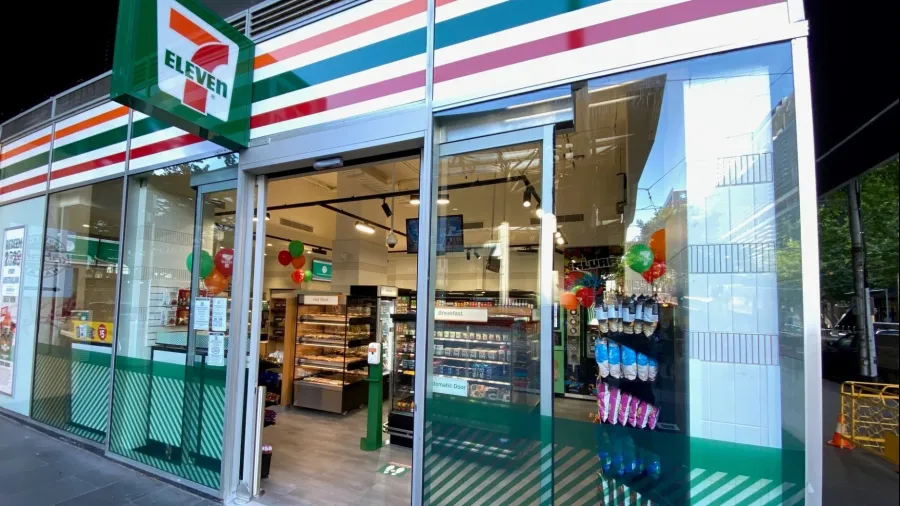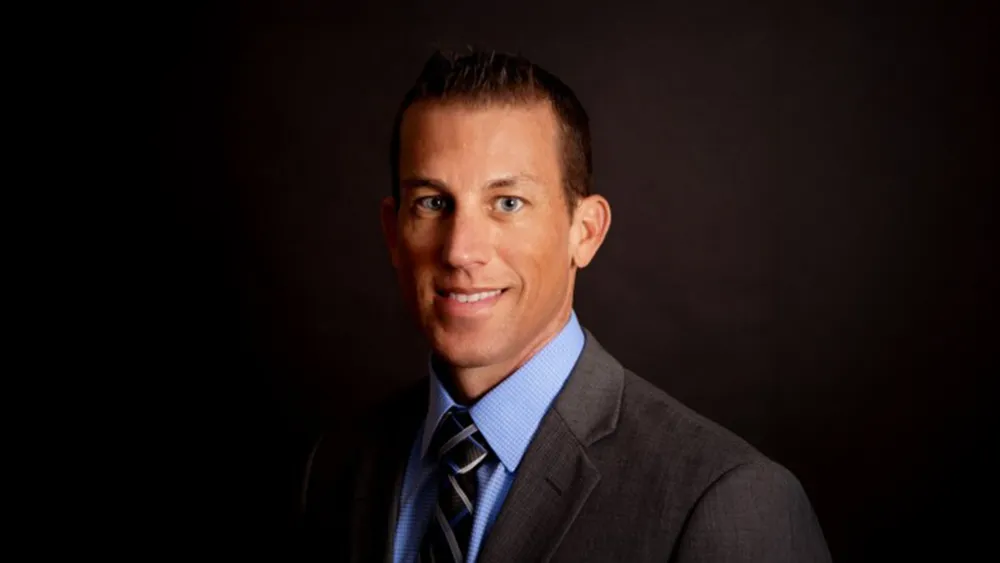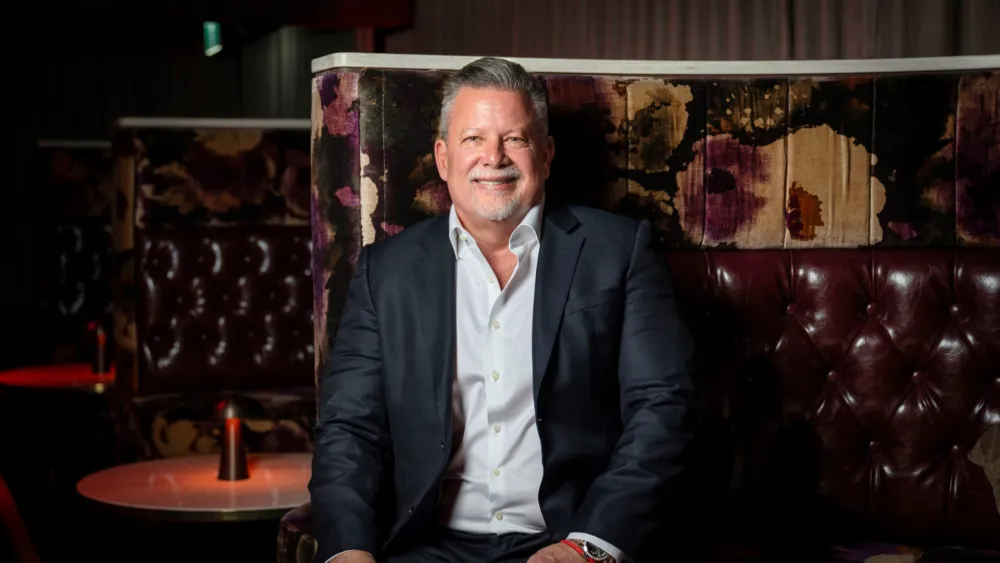
7-Eleven eyes one billion customer moments per year by 2030
The chain is opting for an “agile structure” to implement decisions faster.
7-Eleven’s Australian operations are seeking to further adapt to meet customer needs over the next decade, eyeing a one billion customer moments per year by 2030, by opting for smaller, agile teams.
“That’s a fourfold increase on the approximately 250 million transactions delivered in the last financial year,” 7-Eleven Australia CEO and managing director Angus McKay said.
“When we were setting the ambition, we realised that if we set the horizon to somewhere we already know how to get to, we would be limiting ourselves. The challenge we set was to aim for something that made us uncomfortable, that we didn’t know exactly how we were going to achieve.”
For the chain to achieve this ambition, the entire organisation "needed to change", McKay said.
“As our network grew, and we started to play more heavily in spaces such as digital and food, and push the boundaries in formats, we found that we couldn’t test, iterate and roll out as many new innovations as we wanted to. Being retailers there’s also that tendency to want everything perfect before it gets to your customer facing team,” he said.
“What our early forays into the digital space taught us is that our customers and store teams were willing to be part of the innovation process, meaning iterative design has huge potential for us.”
7-Eleven decided it wanted an “agile structure” made up of persons with “mixed skill sets” empowered to “make the decisions needed to achieve key results that [are] directly linked to the organisation’s quarterly metrics.”
“People develop skills and capabilities in their craft, as well as develop their leadership skills and business acumen by being part of various squads and projects. The way people progress and are rewarded is linked to their contribution and capabilities mapped against a specific model for their craft,” he said.
Whilst the business is still in the early stages of this transformation, McKay said there are “early signs” that it is making a difference.
“I’ve been in the corporate world for more than 20 years and practicing that new way of thinking every day is a challenge for all of us, me included. However, a model that lets people be proud of the work they’ve done, not the title they had, that uncovers those quiet achievers and empowers people to demonstrate what they are truly capable of, is sensational,” Mr McKay said.
“One of our squads recently made significant changes to our sushi range to improve the quality of the products in response to customer feedback. In the past it would have taken about 24 weeks for the team to have new products in stores to test customer reaction, in our new way of working it took 12 weeks. I think the potential of the change across the business is extraordinary.”

























